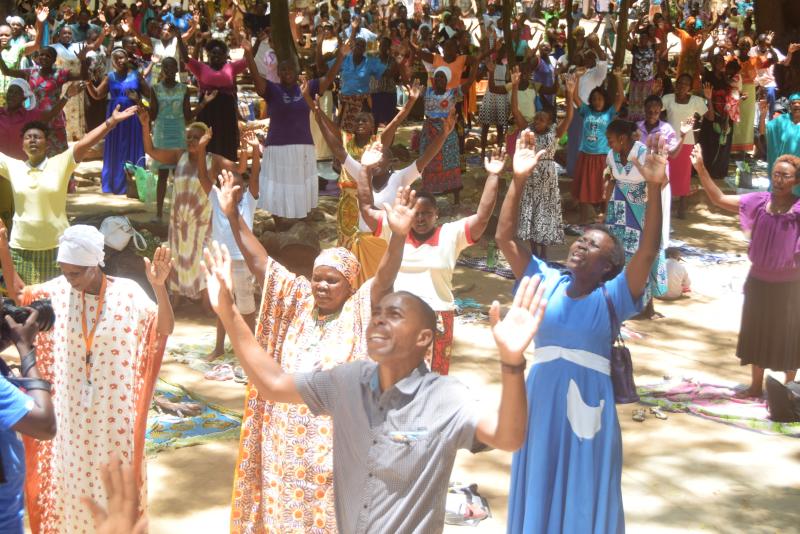×
The Standard e-Paper
Kenya’s Boldest Voice

Police in Mombasa were yesterday forced to eject worshipers from churches as they enforced the ban on public gatherings to combat spread of Covid-19.
It took the intervention of security forces to make worshipers at Jesus Celebration Centre in Mombasa town centre and Zion Church in Changamwe to leave the premises.